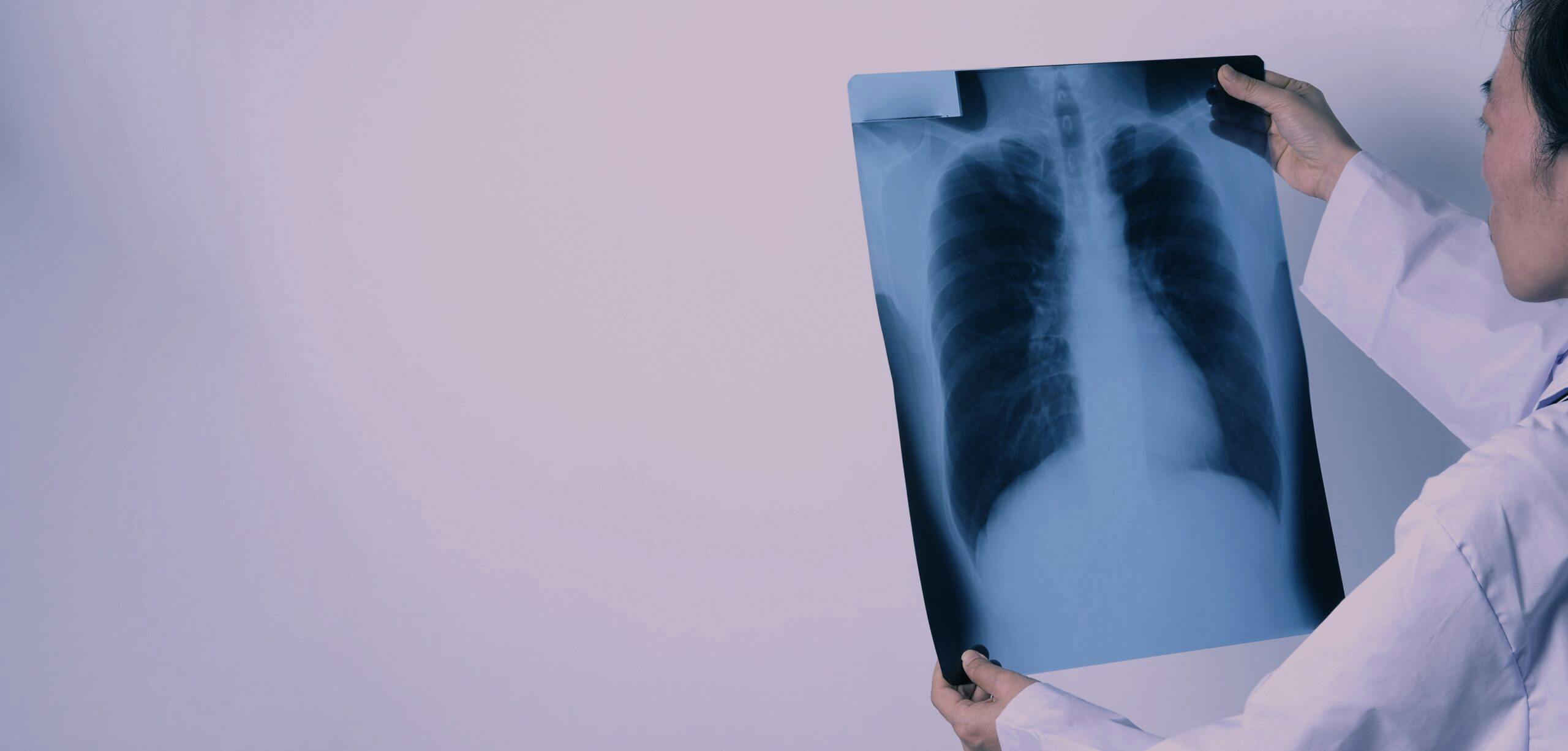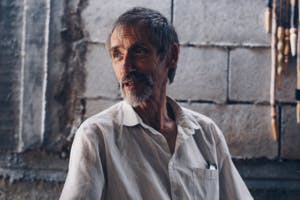What is COPD and How Does It Affect Your Life?

Chronic Obstructive Pulmonary Disease, also known as COPD, is commonly used as an umbrella term that describes different types of lung diseases that progress over time.

Such diseases include: emphysema, non-reversible asthma, also known as refractory asthma, and chronic bronchitis.
COPD is the third leading cause of death in the United States, affecting over 11 million people. However, medical professionals state that many people may have Chronic Obstructive Pulmonary Disease and not know it. Deaths from COPD are higher in women than men according to researchers, due to misdiagnosis of women’s conditions and being more vulnerable to lung damage than men.
COPD does not have a known cure, but with proper treatment and medical attention, individuals diagnosed with this disease can live a happy and long life.
It is important to seek medical attention if you or your loved one believes that he or she has signs or symptoms of COPD.
What is Emphysema?
Emphysema occurs when an individual’s lungs are gradually damaged, more specifically thinning and/or destruction of the air sacs or the alveoli. There are two major causes of emphysema: smoking/tobacco usage and AAT deficiency, a condition that keeps bodies from developing too many white bloods cells. It is important to note that a tobacco free lifestyle can dramatically decrease chances of developing emphysema.

What is Chronic Bronchitis?
Chronic bronchitis is simply bronchitis that never fully goes away or keeps returning. Bronchitis is best described as inflammation of the bronchial tubes, which develops into a cough. This cough can be dry or be accompanied with mucus that comes up when coughing occurs. Some symptoms of bronchitis, besides coughing, are: low grade fever, feeling of chest tightness, shortness of breath or the wheezing. Tobacco usage, more specifically smoking, increases the severity of bronchitis. Although it is seen as a It is important to see a medical professional if you or your loved ones believe that they have developed chronic bronchitis, as it can be treated with proper medication and oxygen therapy.
What is Refractory Asthma?
Refractory asthma, also known as non-reversible asthma, is when an individual’s asthma does not respond well to medications that are commonly given to those with the condition. In turn, the swelling and tightening of the airways are unable to be reversed and the individual is unable to feel relief.

What are the Signs and Symptoms of COPD?
It is extremely important to know early signs and symptoms of COPD, as it is imperative to seek medical attention right away. Common symptoms include:
- Fatigue or chronic tiredness
- Chronic or persistent cough
- Shortness of breath that interferes with daily activities
- Producing more mucus than normal
- Respiratory infections that occur often or reoccur
- Wheezing
- Cyanosis, which is commonly referred to as lips or fingernail beds turning blue
By bringing these symptoms to your medical professionals’ attention early on, an individual is able to get onto a regiment or treatment plan earlier, thus increasing their chances of living a long and happy life.
What Causes COPD?
The causes of Chronic Obstructive Pulmonary Disease are quite straightforward, as it is caused simply by damage and irritation to the lungs. The most common thing that causes such damage and irritation to the lungs is cigarette smoke, including secondhand smoke. Other forms of smoke, such as pipe or cigar, can also be contributors to developing COPD, as well as air pollution or chemical fumes. Avoiding such factors in your life can help you prevent COPD and lung damage.

Individuals who are born with a genetic condition called alpha-1 antitrypsin deficiency, also known as AAT, are more prone to developing lung damage and COPD if they are exposed to the irritants associated with COPD.
How to Live Happily with COPD
There are several ways that an individual with COPD can have a long and happy life. There are several lifestyle changes that individuals with COPD may have to make in order to live a happy, healthy and long life. Such changes include, but are not limited to:
- Cease smoking or tobacco use immediately.
- Try your best to avoid second hand smoke in places that are known to be filled with cigarette, cigar or pipe smoke.
- Avoid places with other toxic airborne substances.
- Healthy diet
- Exercise
- Getting plenty of rest
Other than lifestyle changes, individuals who have COPD may have to go on lifelong medicines and other regimes that will help them cope with symptoms and challenges from Chronic Obstructive Pulmonary Disease. Medications include bronchodilators and steroids and can only be prescribed by a medical professional. It is important to get flu vaccines each year in order to reduce your risk of getting the flu, as well as consistently getting the pneumococcal vaccine.
In addition to medicine and vaccines, individuals with COPD may have to undergo therapy and rehabilitation to strengthen their lung health. Such therapies include oxygen treatments, where individuals with COPD will gain extra oxygen and pulmonary rehabilitation, improving the breathing problems most individuals with this disease face.
More extreme treatments and measures can be taken if the case justifies it. More intense treatments include surgeries such as a lung transplant, lung volume reduction surgery or a bullectomy. These are more aggressive treatments for COPD patients whose medical conditions warrant this type of procedure. It is imperative to seek opinions from medical professionals for the correct treatment plan.
COPD does not have to define the person who is affected by this disease. Although it may change their lifestyle and the choices that he or she makes in the future, it does not have to be seen as the end of their life as they once knew it. Home care is a viable option for those suffering from Chronic Obstructive Pulmonary Disease, as caregivers are specifically trained to help those with this disease, such as reminding patients to take appropriate medications at the right time. Not only can caregivers assist with medication reminders, but they can help with meal preparation, personal care, light housekeeping, accompany the patient to doctors’ appointments and provide general companionship. As an individual goes through their journey living with COPD, a caregiver can aid in everyday life to allow the person, allowing them to live happily and independently in the comfort of their own home.
